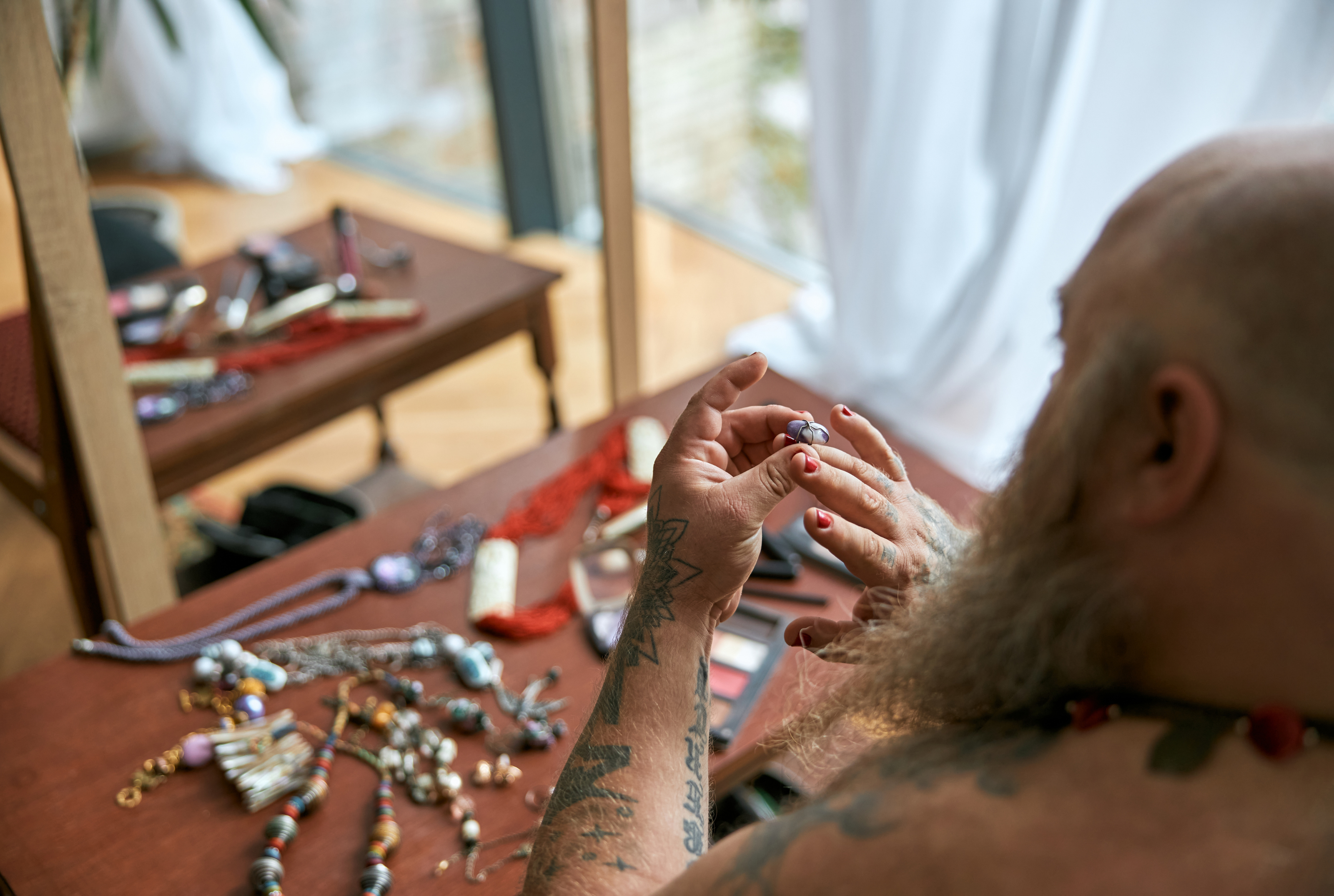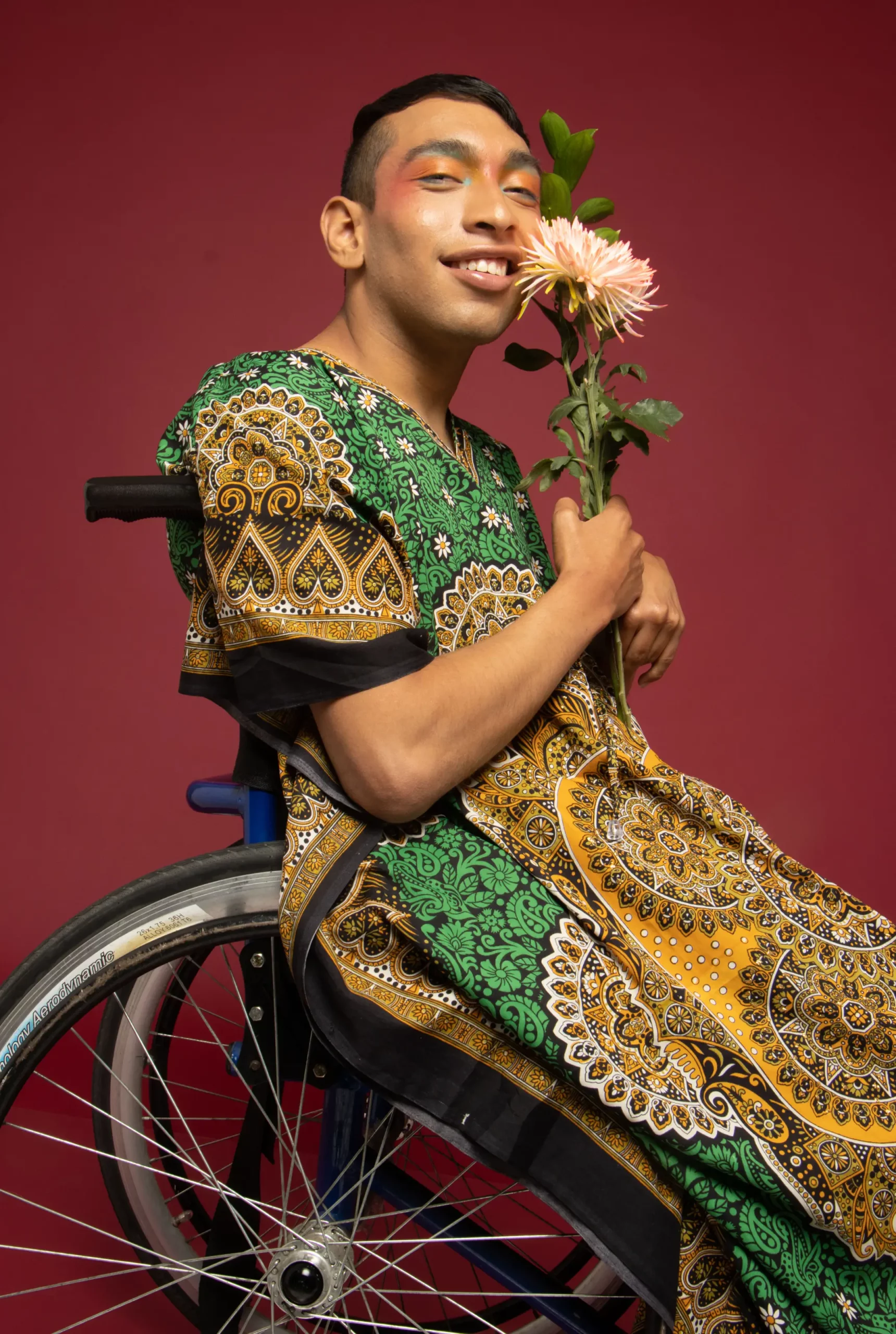We work from a social change model of philanthropy having a dedicated focus on advancing equity for the most disadvantaged LGBTQIA+ Australians.
With an evidence-based approach we advocate for enduring systemic change.
For more information see: https://www.reichstein.org.au/our-work/ ‘Change Not Charity’
Improving settlement services as well as access to support and community for LGBTQIA+ forcibly displaced people living in Australia.
Empowering queer mob through targeted funding of ATSISSI projects.
Increasing resources and awareness around safe use of alcohol and other drugs (AOD) in LGBTQIA+ spaces.
Providing support to rural and regional LGBTQIA+ organisations where queer connection is so vital, yet so often overlooked.
Supporting LGBTQIA+ visual and performing arts as a necessity of queer life: celebration and commiseration through storytelling and connection.
Improving intersectionality of support services for LGBTQIA+ Australians living with a disability.
This work was informed by consumer advisory groups and an expert advisory committee. It was led by a team at the University of Melbourne in collaboration with researchers at Swinburne University of Technology. The team partnered with the LGBTI Health Alliance, Council to Homeless Persons (Victoria), Drummond Street Services, Launch Housing, Vincent Care, Family Access Network, Uniting and several other providers of homelessness services. The work culminated in the development of a national guide on LGBTQIA+ inclusion for the housing and homelessness sectors, and training initiatives continue to be developed using this guide.
We funded several mainstream groups to improve their LGBTQIA+ inclusive practice. We also assisted LGBTI specific groups to reach out and support older LGBTQIA+ Australians. We chose to move on from this priority once it was clear that Governments and NGOs around Australia were becoming more committed to funding this area.
This area will continue to be a priority for the Pride Foundation, as long as mental health inequalities for various LGBTQIA+ subgroups remain.
This area will also be an ongoing priority as needs arise.


We determine our areas of interest to those with the greatest unmet needs by:
When a new priority area is chosen, we begin by identifying current knowledge in the area, the unmet need, gaps in services and barriers to change. We do this in collaboration with an advisory committee we appoint for this purpose. We then apply and fine tune our theory of change strategy.
If new evidence is deemed necessary to bring about change we commission researchers in collaboration with stakeholders and LGBTQIA+ people with lived experience to build the evidence in the Australian context.
We work closely with LGBTQIA+ community groups and agencies to find the early adopters for change, whom we then support and empower. To bring about social change we often need to identify ‘gatekeepers’ and create an ‘authorising environment’, as well as work with existing or emerging leaders.
We then focus on building community capacity by supporting grass roots advocacy, and inclusion in mainstream and LGBTQIA+ organisations. This leaves a legacy of capability within LGBTQIA+ and allied groups for ongoing and sustainable change.
We are committed to collaboration and co-designed projects with key stakeholders and always engage an expert advisory committee from the sectors and communities to guide our work. This includes LGBTQIA+ people with experience of the particular issue as well as professionals with expertise in the field; while appreciating that there is often overlap between the two. We then seek external collaborators and supporters.
In each of these steps we either commission projects (usually limited to evidence building research) or publicly call for proposals to create change in our target area. Proposals are evaluated by an independent selection committee, which includes representatives from any co-funders and our advisory committee. When a grant is made we monitor the progress and asses the project acquittal report that grantees must provide at the project end. These processes ensure we gain the best possible value from our donors’ donations to us.
We seek formal feedback from grant recipients via the acquittal report. We are interested in not just what was achieved, but whether there were any constraints during the project and how these were dealt with. Measuring sustainable change is a much larger project that involves reviewing the program of work in each area over the longer term. This is measured in part by the commitment to ongoing work within the sector.


Since 2005 Pride Foundation Australia (formerly GALFA) has granted almost $400,000 for over 40 large grants and over 70 small grants. We have leveraged over $1 million in co-funding to increase philanthropy for our LGBTQIA+ communities.
Pride Foundation Australia is committed to increasing the proportion of philanthropic funds that are dedicated to LGBTQIA+ causes. We seek to increase the practice and culture of philanthropy in the LGBTQIA+ and allied communities. We do this using a number of methods:

Pride Foundation Australia pays respect to the traditional custodians of the land and sea on which we live, work and play, we pay our respects to Elders past and present, acknowledging that sovereignty was never ceded.
Pride Foundation Australia commits through the resources we have available to us, to work with, for, and alongside Aboriginal, Torres Strait Islander and South Sea Islander LGBTIQ+ Sistergirl and Brotherboy peoples and communities to embed a self-determined future.
We further commit the contribution of a significant proportion of grant funding received to Aboriginal, Torres Strait Islander and South Sea Islander LGBTIQ+ Sistergirl and Brotherboy led initiatives to improve social outcomes.
Australia was, and always will be Aboriginal and Torres Strait Islander land.